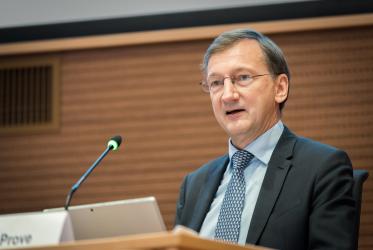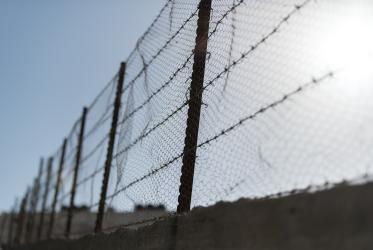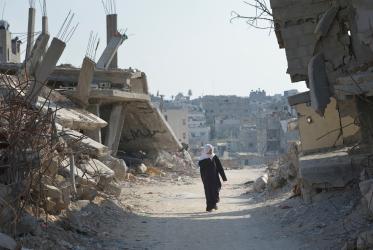Displaying 161 - 180 of 4520
21 November 2023
WCC invites global fellowship to join World Children's Day events
16 November 2023
Violence against Palestinians is rising in the West Bank
16 November 2023
World Council of Churches plans pilgrimage to Marshall Islands
09 November 2023
Ahead of Her Time
Pan-African Women of Faith and the Vision of Christian Unity, Mission, and Justice
01 November 2023

















